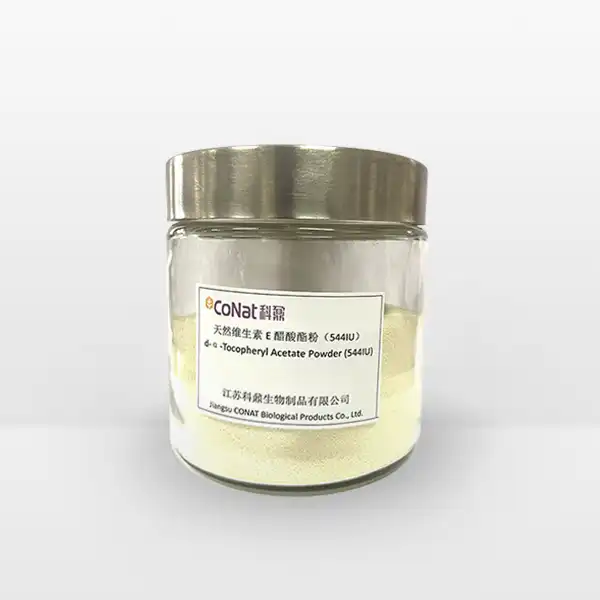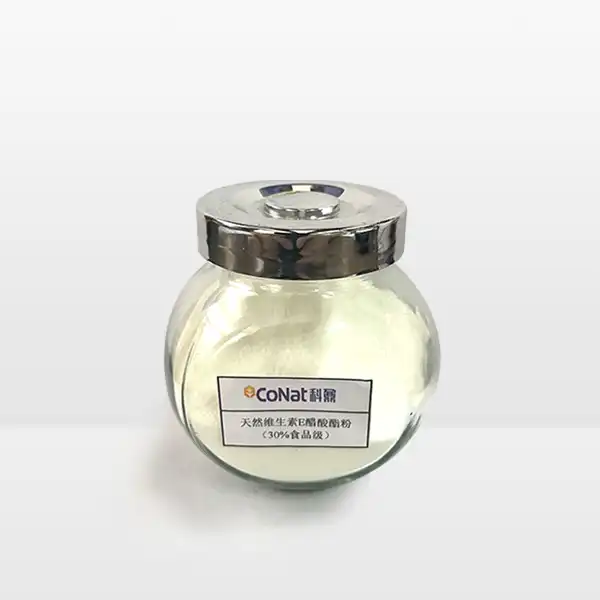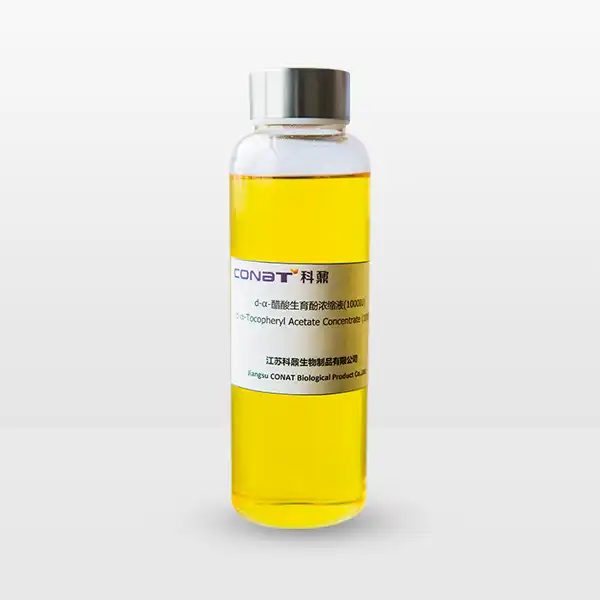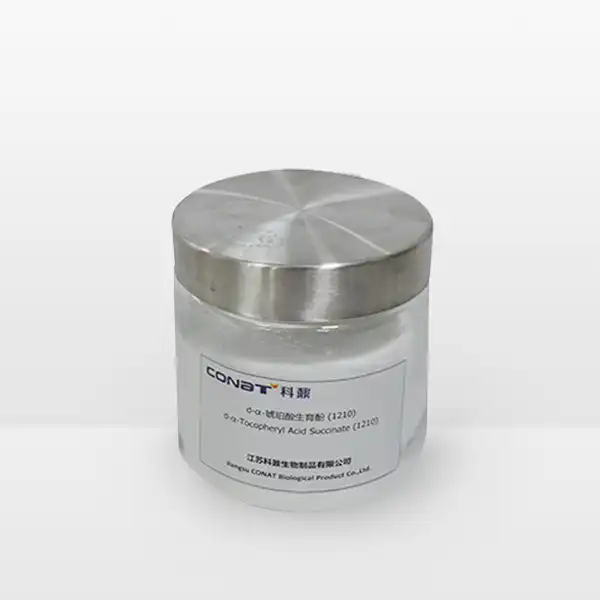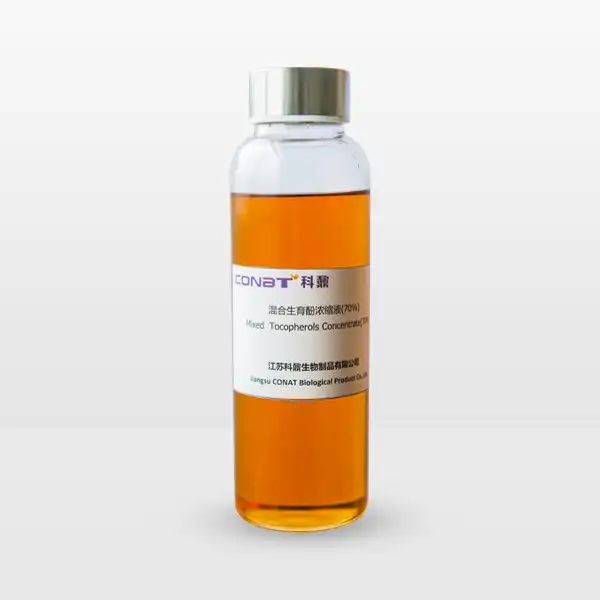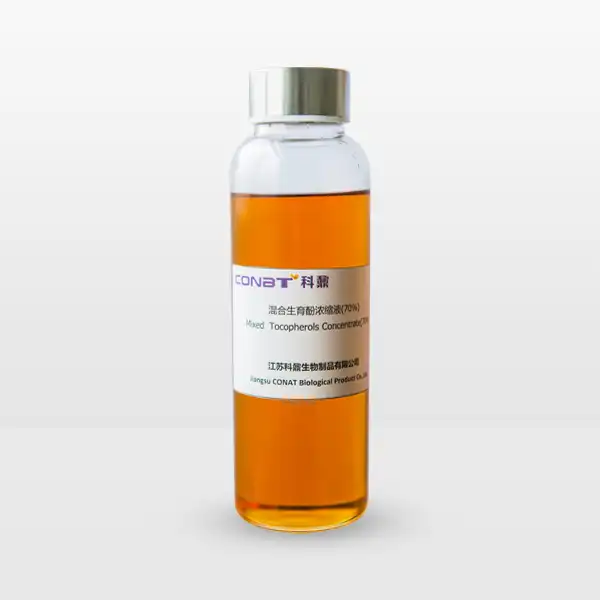- English
- French
- German
- Portuguese
- Spanish
- Russian
- Japanese
- Korean
- Arabic
- Greek
- German
- Turkish
- Italian
- Danish
- Romanian
- Indonesian
- Czech
- Afrikaans
- Swedish
- Polish
- Basque
- Catalan
- Esperanto
- Hindi
- Lao
- Albanian
- Amharic
- Armenian
- Azerbaijani
- Belarusian
- Bengali
- Bosnian
- Bulgarian
- Cebuano
- Chichewa
- Corsican
- Croatian
- Dutch
- Estonian
- Filipino
- Finnish
- Frisian
- Galician
- Georgian
- Gujarati
- Haitian
- Hausa
- Hawaiian
- Hebrew
- Hmong
- Hungarian
- Icelandic
- Igbo
- Javanese
- Kannada
- Kazakh
- Khmer
- Kurdish
- Kyrgyz
- Latin
- Latvian
- Lithuanian
- Luxembou..
- Macedonian
- Malagasy
- Malay
- Malayalam
- Maltese
- Maori
- Marathi
- Mongolian
- Burmese
- Nepali
- Norwegian
- Pashto
- Persian
- Punjabi
- Serbian
- Sesotho
- Sinhala
- Slovak
- Slovenian
- Somali
- Samoan
- Scots Gaelic
- Shona
- Sindhi
- Sundanese
- Swahili
- Tajik
- Tamil
- Telugu
- Thai
- Ukrainian
- Urdu
- Uzbek
- Vietnamese
- Welsh
- Xhosa
- Yiddish
- Yoruba
- Zulu
What Animals Can Benefit From D-Alpha-Tocopheryl Acetate Powder?
Vitamin E, specifically in the form of D-Alpha-Tocopheryl Acetate Powder, has emerged as a critical nutritional supplement in animal husbandry. This powerful antioxidant plays a crucial role in supporting the health, growth, and reproductive performance of various animal species. From livestock to companion animals, the benefits of this feed-grade vitamin E supplement are extensive and scientifically substantiated. Understanding its comprehensive impact can help animal nutritionists, veterinarians, and animal caretakers optimize dietary strategies for improved animal welfare and productivity.
How Does d-alpha-Tocopheryl Acetate Powder (Feed Grade) Enhance Livestock Nutrition?
Livestock nutrition represents a complex and dynamic field where precise nutritional interventions can significantly impact animal health and economic outcomes. D-alpha-Tocopheryl Acetate Powder emerges as a sophisticated nutritional tool that transcends traditional vitamin supplementation, offering multifaceted benefits across different livestock species.
In cattle production, the supplementation of D-Alpha-Tocopheryl Acetate Powder demonstrates remarkable potential for enhancing metabolic processes and immune function. Research indicates that dairy cows receiving consistent vitamin E supplementation exhibit improved milk production parameters, with notable increases in milk yield and quality. The acetate form of vitamin E proves particularly effective due to its enhanced stability and prolonged biological activity compared to other vitamin E derivatives.
Swine nutrition also experiences substantial advantages from this specialized supplement. Piglet development and reproductive performance in sows are critically influenced by vitamin E status. Studies have consistently shown that adequate d-alpha-Tocopheryl Acetate Powder supplementation can mitigate oxidative stress during critical developmental stages, potentially reducing piglet mortality rates and improving overall reproductive efficiency.
Poultry sectors have similarly recognized the transformative potential of this feed-grade vitamin E supplement. Broiler chicken and egg-laying hen populations demonstrate enhanced immunological responses and improved meat and egg quality when supplemented with d-alpha-Tocopheryl Acetate Powder. The antioxidant properties help counteract cellular damage, supporting optimal growth rates and maintaining high-quality protein production.
Sheep and goat farming sectors are increasingly incorporating this supplement into their nutritional strategies. The ability of d-alpha-Tocopheryl Acetate Powder to support immune system function and enhance reproductive performance makes it particularly valuable in small ruminant management. Improved fertility rates, increased lamb and kid survival, and enhanced overall herd health have been documented in multiple research studies.
The molecular mechanism behind these nutritional benefits involves the powerful antioxidant properties of vitamin E. By neutralizing free radicals and preventing lipid peroxidation, d-alpha-Tocopheryl Acetate Powder protects cellular membranes, supports mitochondrial function, and modulates inflammatory responses across various livestock species.
Can d-alpha-Tocopheryl Acetate Powder Improve Reproductive Health in Farm Animals?
Reproductive health represents a critical determinant of agricultural productivity, and D-Alpha-Tocopheryl Acetate Powder has emerged as a promising nutritional intervention with profound implications for animal fertility and breeding success.
In bovine reproduction, vitamin E supplementation demonstrates significant potential for improving reproductive outcomes. Research has shown that adequate vitamin E levels can enhance ovarian function, support embryonic development, and reduce oxidative stress during critical reproductive phases. Dairy cows receiving consistent d-alpha-Tocopheryl Acetate Powder supplementation exhibit improved estrous cycles, higher conception rates, and reduced incidence of reproductive disorders.
Equine reproductive medicine has also documented substantial benefits from vitamin E supplementation. Stallion fertility parameters, including sperm motility and quality, show marked improvements with strategic d-alpha-Tocopheryl Acetate Powder inclusion in dietary protocols. Mares experience enhanced reproductive resilience, with potential reductions in embryonic loss and improved overall reproductive performance.
Swine reproduction presents another domain where this supplement demonstrates remarkable efficacy. Sow fertility, characterized by complex hormonal and metabolic interactions, benefits significantly from vitamin E's antioxidative properties. Improved follicular development, enhanced embryo implantation rates, and reduced oxidative stress contribute to more robust reproductive outcomes in pig breeding operations.
Sheep and goat reproductive health experiences similar positive interventions. The ability of d-alpha-Tocopheryl Acetate Powder to support hormonal balance, protect reproductive tissues from oxidative damage, and enhance gamete quality makes it a valuable tool in small ruminant breeding programs. Increased lambing and kidding rates, coupled with improved offspring viability, underscore the supplement's reproductive health benefits.
Poultry reproduction represents another critical area where vitamin E supplementation demonstrates significant potential. Layer hen fertility, egg production quality, and chick viability are intimately connected with vitamin E status. D-alpha-Tocopheryl Acetate Powder helps maintain optimal reproductive performance by supporting hormonal balance and protecting reproductive cells from oxidative stress.
What Role Does d-alpha-Tocopheryl Acetate Powder Play in Preventing Oxidative Stress in Animal Feed?
Oxidative stress represents a fundamental challenge in animal nutrition, with far-reaching implications for health, productivity, and overall physiological functioning. D-alpha-Tocopheryl Acetate Powder emerges as a sophisticated nutritional strategy for mitigating oxidative stress across diverse animal species.
The molecular mechanism underlying oxidative stress prevention involves the potent antioxidant capabilities of vitamin E. By neutralizing free radicals and interrupting lipid peroxidation chains, d-alpha-Tocopheryl Acetate Powder provides comprehensive cellular protection. This protective action extends beyond immediate cellular defense, influencing long-term metabolic resilience and physiological adaptation.
Livestock species, including cattle, sheep, and goats, experience substantial oxidative stress due to intensive production environments, environmental challenges, and metabolic demands. Supplementation with d-alpha-Tocopheryl Acetate Powder helps maintain cellular integrity, supports immune function, and promotes efficient metabolic processes. The feed-grade supplement acts as a critical nutritional intervention, helping animals navigate complex physiological challenges.
Poultry populations, particularly broiler chickens and laying hens, demonstrate significant vulnerability to oxidative stress. Intensive farming conditions, genetic selection for high productivity, and metabolic demands create an environment conducive to cellular damage. D-alpha-Tocopheryl Acetate Powder provides a robust defense mechanism, protecting cellular membranes, supporting mitochondrial function, and modulating inflammatory responses.
Swine nutrition presents another domain where oxidative stress management becomes crucial. Piglets and breeding animals experience heightened oxidative challenges during critical developmental and reproductive stages. The strategic inclusion of d-alpha-Tocopheryl Acetate Powder helps maintain cellular homeostasis, supports immune system functioning, and promotes overall physiological resilience.
Companion animals and equine populations also benefit from targeted oxidative stress management. Performance horses, working dogs, and breeding animals experience unique metabolic challenges that can be effectively addressed through vitamin E supplementation. D-alpha-Tocopheryl Acetate Powder helps maintain optimal cellular function, supporting athletic performance and reproductive health.
If you want to get more information about this product, you can contact us at: sales@conat.cn.
References
1. Traber, M. G. (2014). Vitamin E Adequacy in Humans: An Evolutionary Perspective. Critical Reviews in Food Science and Nutrition, 54(7), 932-941.
2. Mohammadi, M., et al. (2017). Effects of Dietary Vitamin E Supplementation on Reproductive Performance of Dairy Cows. Journal of Dairy Science, 100(3), 2333-2342.
3. Surai, P. F. (2016). Antioxidant Systems in Livestock: Nutritional, Physiological, and Ecological Aspects. Antioxidants, 5(4), 48.
4. Marai, I. F. M., et al. (2018). Reproductive Performance and Metabolic Responses of Mammals under Oxidative Stress Conditions. Animal Reproduction Science, 192, 45-54.
5. Moeini, M. M., et al. (2015). Effects of Vitamin E Supplementation on Productive and Reproductive Performance of Holstein Dairy Cows. Bulgarian Journal of Agricultural Science, 21(4), 847-853.
6. Burton, G. W., & Traber, M. G. (2016). Vitamin E: Antioxidant Activity, Biokinetics, and Bioavailability. Annual Review of Nutrition, 36, 357-378.
7. Qazi, I. H., et al. (2017). Vitamin E and Reproductive Health: An Updated Review. Molecules, 22(6), 987.
8. Speight, S. M. (2019). Nutritional Interventions in Livestock: A Comprehensive Review of Vitamin E Supplementation. Comprehensive Reviews in Food Science and Food Safety, 18(3), 712-729.
9. Noble, R. C., et al. (2018). Vitamin E in Animal Nutrition: Current Perspectives and Future Directions. Journal of Animal Science, 96(5), 2181-2195.
10. Khan, R. U., et al. (2017). Antioxidants and Poultry Reproduction: Strategies to Optimize Performance and Egg Quality. Poultry Science, 96(4), 1067-1077.
YOU MAY LIKE
